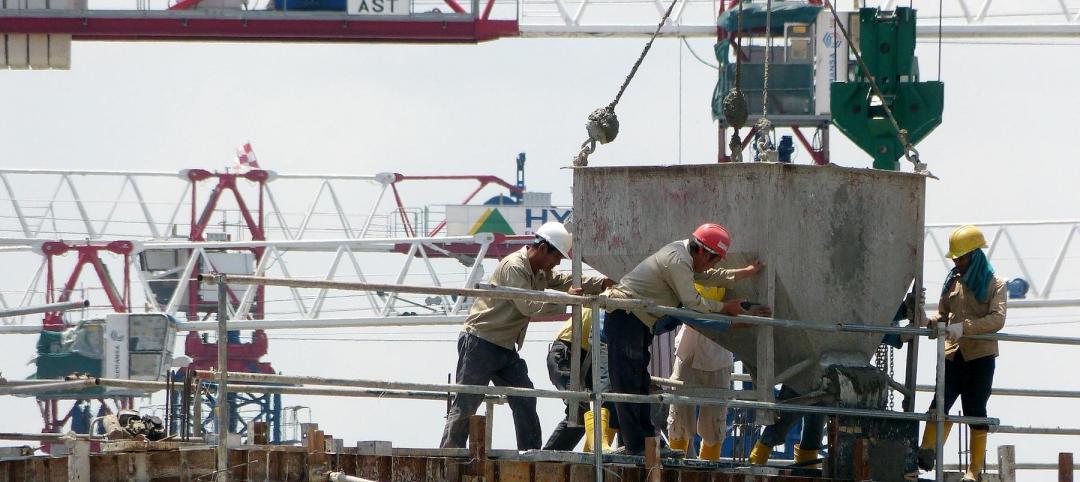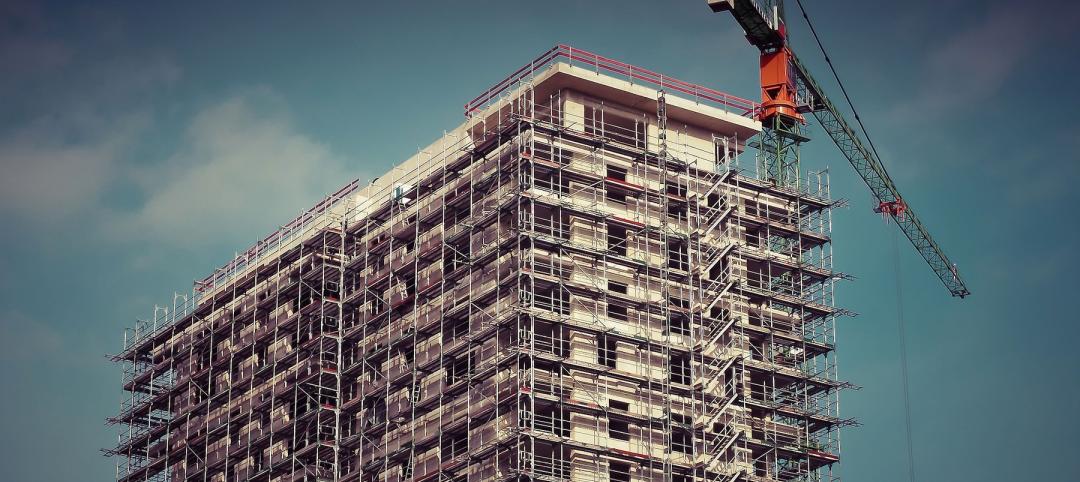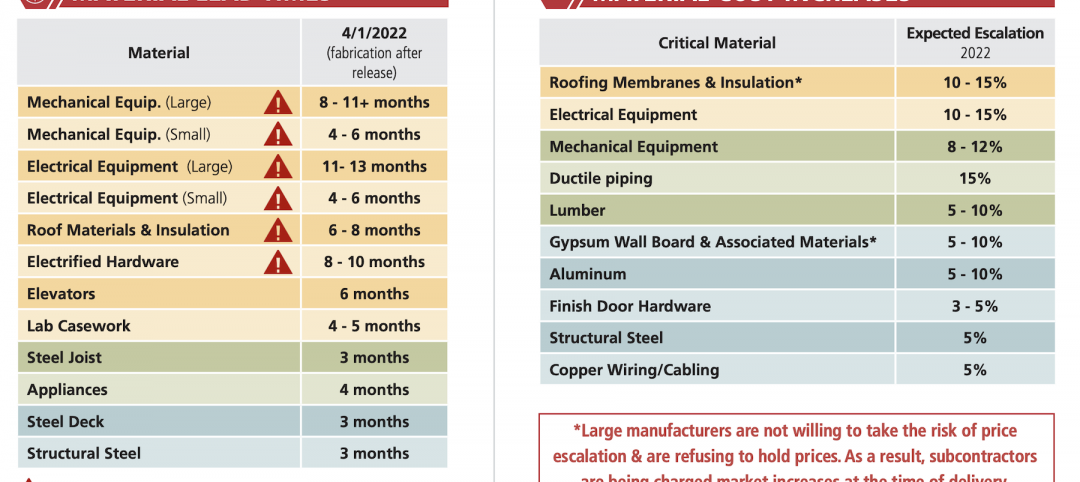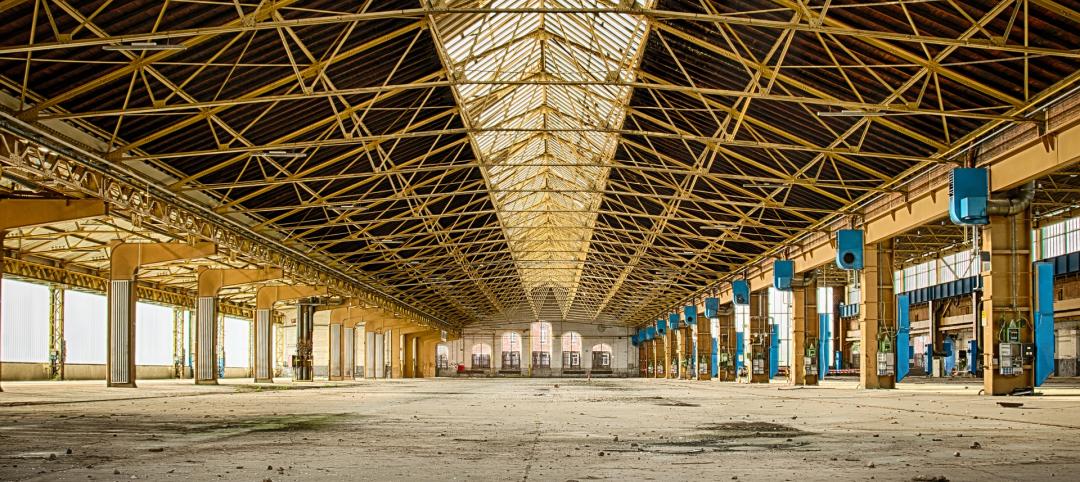Construction employment in November remained below pre-pandemic levels in 35 states and the District of Columbia even though 31 states and D.C. added construction jobs from October to November, according to an analysis by the Associated General Contractors of America of government employment data released today. Association officials urged federal officials to swiftly renew a program to enable firms to keep workers on their payrolls while the pandemic is pushing back the start date for many projects.
“An increase in project cancellations and postponements is forcing nonresidential contractors to lay off workers as they complete projects started before the pandemic and firms exhaust their Paycheck Protection Program loans,” said Ken Simonson, the association’s chief economist. “Despite strong demand for single-family homebuilding and remodeling, overall industry employment is likely to shrink in more states in the absence of federal assistance.”
Seasonally adjusted construction employment in November was lower than in February—the last month before the pandemic forced many contractors to suspend work—in 37 states, Simonson noted. New York lost the most construction jobs over the nine-month period (-39,700 jobs or -9.7%), followed by Texas (-37,200 jobs, -4.7%). Vermont experienced the largest percentage loss (-24.5%, -3,600 jobs), followed by North Dakota (-13.9%, -4,100 jobs).
Only 15 states and the District of Columbia added construction jobs from February to November. Virginia added the most jobs and highest percentage (11,800 jobs, 5.8%), followed by Utah (5,800 jobs, 5.1%).
Construction employment decreased from October to November in 17 states, increased in 31 states and D.C., and was unchanged in Maine and Nebraska. California had the largest loss of construction jobs from October to November (-5,800 jobs or -0.7%), followed by New Jersey (-3,800 jobs, -2.5%) and Nevada (-3,700 jobs, -3.9%). Nevada had the largest percentage decline, followed by South Dakota (-3.8%, -1,000 jobs).
Texas added the most construction jobs over the month (7,500 jobs, 1.0%), followed by Pennsylvania (4,300 jobs, 1.7%). Delaware had the largest percentage gain for the month (3.8%, 800 jobs), followed by Utah (2.6%, 3,000 jobs).
Association officials urged members of Congress to promptly pass a renewal of the Paycheck Protection Program, which saved thousands of construction workers from layoffs earlier in the year. They added that the legislation should also make clear that Congress did not intend for firms to incur tax liability when using the loans as intended.
“While the pandemic is causing more and more construction to be canceled or postponed, it is imperative that Congress renew the loan program that will keep contractors from shutting their doors and workers from losing their jobs,” said Stephen E. Sandherr, the association’s chief executive officer. “In addition, it is vital that Congress stop the Treasury from playing ‘gotcha’ with firms that rightly expected their loans to be treated as nontaxable.”
View state employment February-November data and rankings; and October-November rankings.
Related Stories
Market Data | May 18, 2022
Architecture Billings Index moderates slightly, remains strong
For the fifteenth consecutive month architecture firms reported increasing demand for design services in April, according to a new report today from The American Institute of Architects (AIA).
Market Data | May 12, 2022
Monthly construction input prices increase in April
Construction input prices increased 0.8% in April compared to the previous month, according to an Associated Builders and Contractors analysis of U.S. Bureau of Labor Statistics’ Producer Price Index data released today.
Market Data | May 10, 2022
Hybrid work could result in 20% less demand for office space
Global office demand could drop by between 10% and 20% as companies continue to develop policies around hybrid work arrangements, a Barclays analyst recently stated on CNBC.
Market Data | May 6, 2022
Nonresidential construction spending down 1% in March
National nonresidential construction spending was down 0.8% in March, according to an Associated Builders and Contractors analysis of data published today by the U.S. Census Bureau.
Market Data | Apr 29, 2022
Global forces push construction prices higher
Consigli’s latest forecast predicts high single-digit increases for this year.
Market Data | Apr 29, 2022
U.S. economy contracts, investment in structures down, says ABC
The U.S. economy contracted at a 1.4% annualized rate during the first quarter of 2022.
Market Data | Apr 20, 2022
Pace of demand for design services rapidly accelerates
Demand for design services in March expanded sharply from February according to a new report today from The American Institute of Architects (AIA).
Market Data | Apr 14, 2022
FMI 2022 construction spending forecast: 7% growth despite economic turmoil
Growth will be offset by inflation, supply chain snarls, a shortage of workers, project delays, and economic turmoil caused by international events such as the Russia-Ukraine war.
Industrial Facilities | Apr 14, 2022
JLL's take on the race for industrial space
In the previous decade, the inventory of industrial space couldn’t keep up with demand that was driven by the dual surges of the coronavirus and online shopping. Vacancies declined and rents rose. JLL has just published a research report on this sector called “The Race for Industrial Space.” Mehtab Randhawa, JLL’s Americas Head of Industrial Research, shares the highlights of a new report on the industrial sector's growth.
Codes and Standards | Apr 4, 2022
Construction of industrial space continues robust growth
Construction and development of new industrial space in the U.S. remains robust, with all signs pointing to another big year in this market segment

















